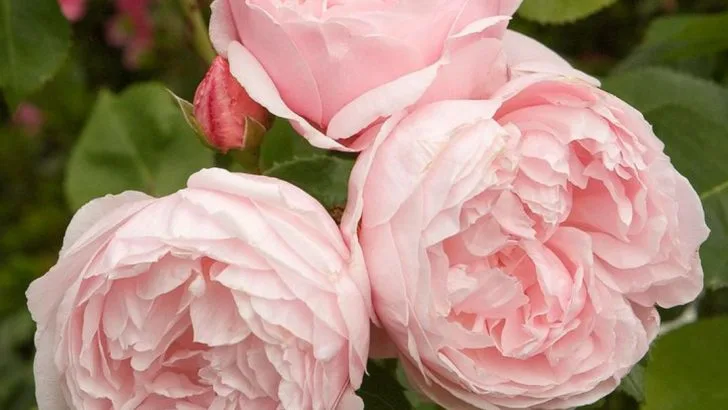If your rose water smells like grandma’s perfume—stop everything. Real rose water doesn’t reek. It whispers. It soothes. It should smell like early morning petals kissed by dew, not the inside of a soap drawer. Most people make it wrong. They boil it into oblivion or drown it in vodka and call it “homemade.” Nope. Not today. There’s a way to make rose water so pure, so aromatic, it feels like magic in a jar. The kind that cools your skin, lifts your mood, and actually smells like a blooming rosebush, not a chemistry experiment. You don’t need fancy tools. You don’t need to be a perfumer. You just need fresh petals, patience, and the right method. Let’s make the good stuff—the kind Cleopatra would’ve dabbed on her wrists before a royal entrance.
Choosing the Right Roses
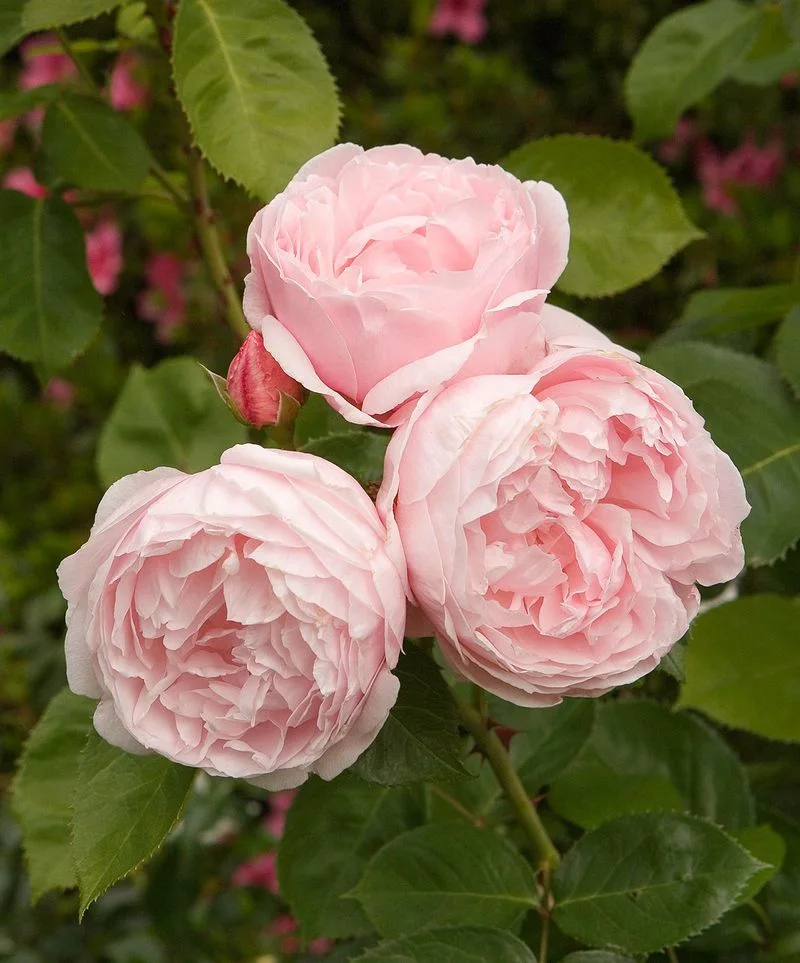
Selecting the finest roses is the first step in making exceptional rose water. Opt for organically grown roses, free of pesticides, to ensure purity. Damask roses, known for their rich aroma, are a popular choice, but experimenting with other fragrant varieties can yield unique scents.
Harvest the roses early in the morning when their oil content is highest. This practice enhances the final product’s fragrance and quality. Consider this step as laying the foundation – the quality of the roses directly influences the result.
A fun fact: Over 10,000 roses are needed to produce a mere ounce of rose oil!
The Art of Distillation
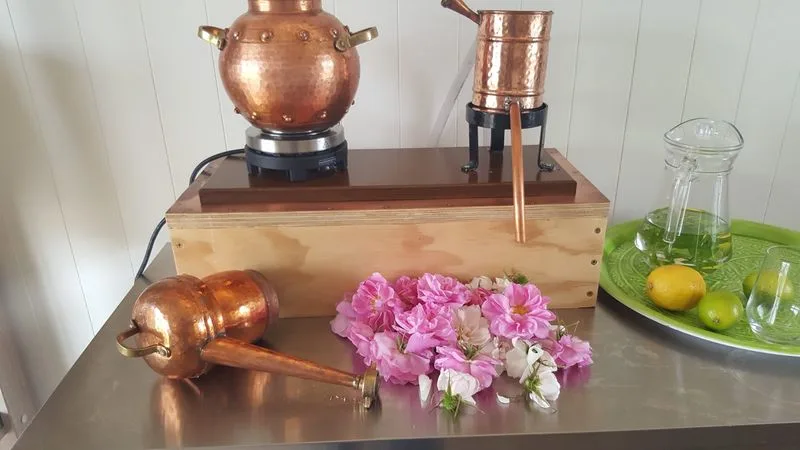
Distillation is a crucial process in crafting rose water. Using a copper still, which is traditional yet effective, allows for the gentle extraction of essential oils. Fill the still with rose petals and distilled water, ensuring the petals are fully submerged.
Slowly heat the mixture, allowing steam to rise and condense into pure rose water. This method preserves the delicate floral notes and ensures a high-quality product. The patience required here reflects the care in maintaining the essence.
Did you know? Distillation dates back to ancient Persian times, where it was first used to extract perfumes.
Proper Storage Techniques
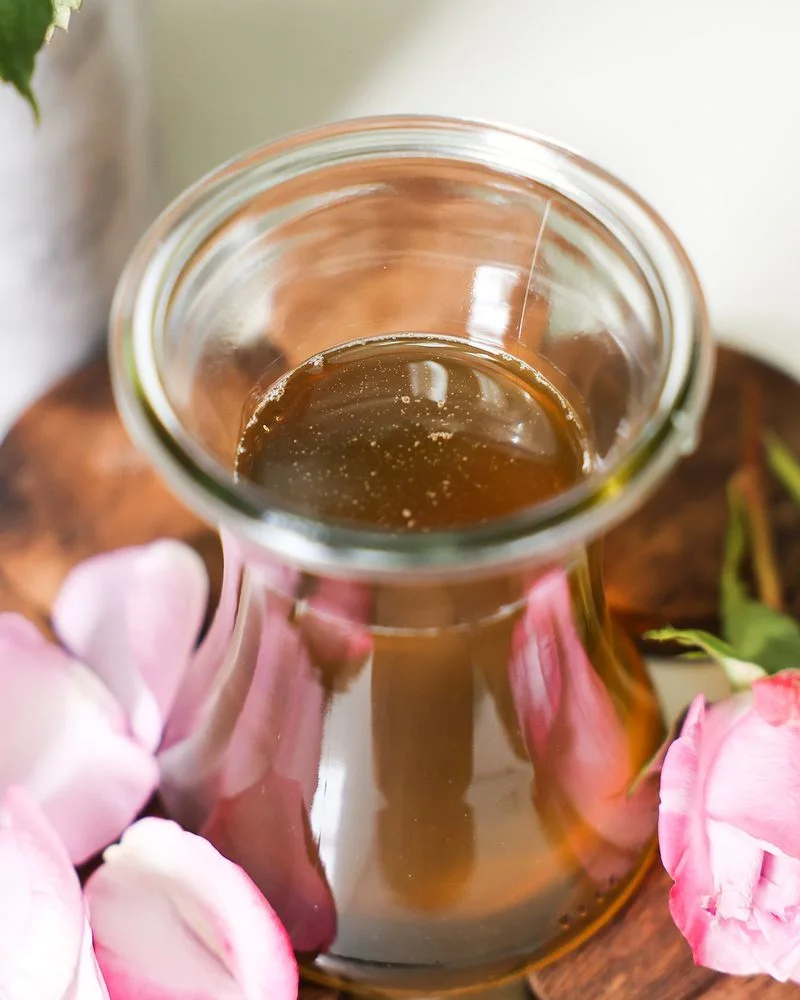
Storing rose water correctly is vital to maintain its freshness and efficacy. Choose dark glass bottles to protect the water from light, which can degrade its properties over time. Amber bottles are often preferred for this reason.
Store the bottles in a cool, dark place, away from direct sunlight and heat sources. Proper storage ensures that the rose water retains its fragrance and doesn’t spoil quickly. This step is akin to safeguarding a treasure, preserving the aromatic essence for future use.
Fun fact: Ancient Egyptians valued rose water so highly, they used it in religious rituals.
Infusion and Customization
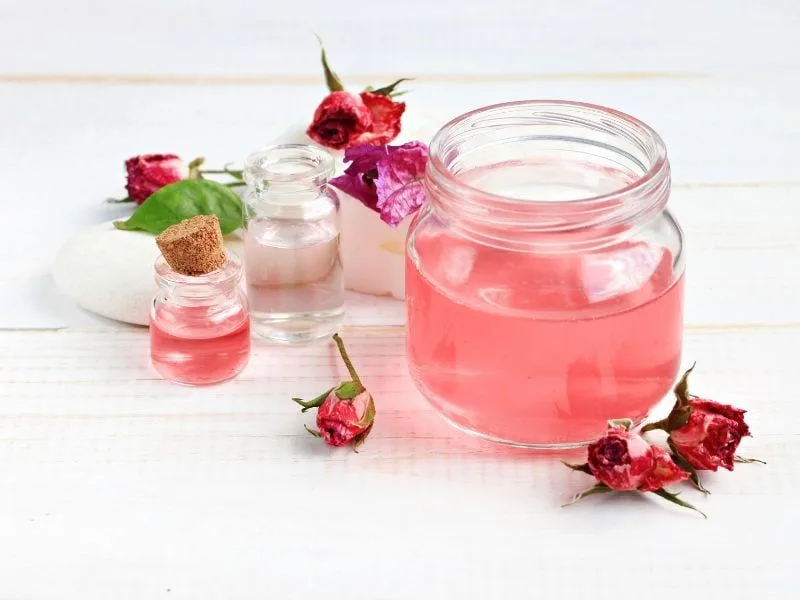
Beyond traditional rose water, infusing it with additional herbs or oils can create a personalized scent. Consider adding mint for a refreshing twist or lavender for a calming effect. Customize the aroma to suit your preference.
Mix the additional ingredients with the rose water and let it sit for a few days to allow the flavors to meld. This creative process highlights the versatility of rose water, offering endless possibilities for customization.
Did you know? In France, rose water is often used in culinary dishes, adding a unique floral taste to desserts.
Applications and Benefits
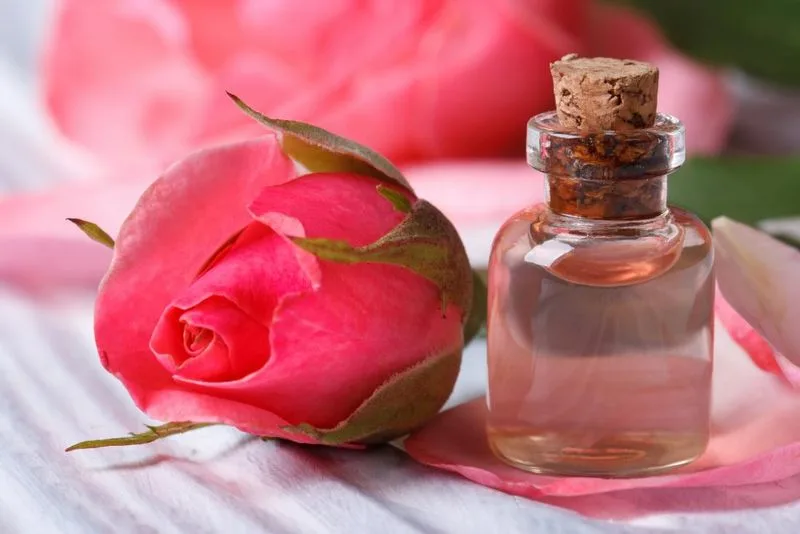
Rose water boasts numerous applications and benefits. It’s a popular ingredient in skincare, renowned for its hydrating and soothing properties. Use it as a facial mist or toner to refresh and calm the skin.
Beyond beauty, rose water is also used in culinary arts and aromatherapy. Its gentle fragrance promotes relaxation and well-being. Each application showcases its versatility, making it a staple in many households.
Interesting tidbit: Cleopatra was said to bathe in rose water, believing it enhanced her beauty and allure. Such is the timeless appeal of this fragrant elixir.

